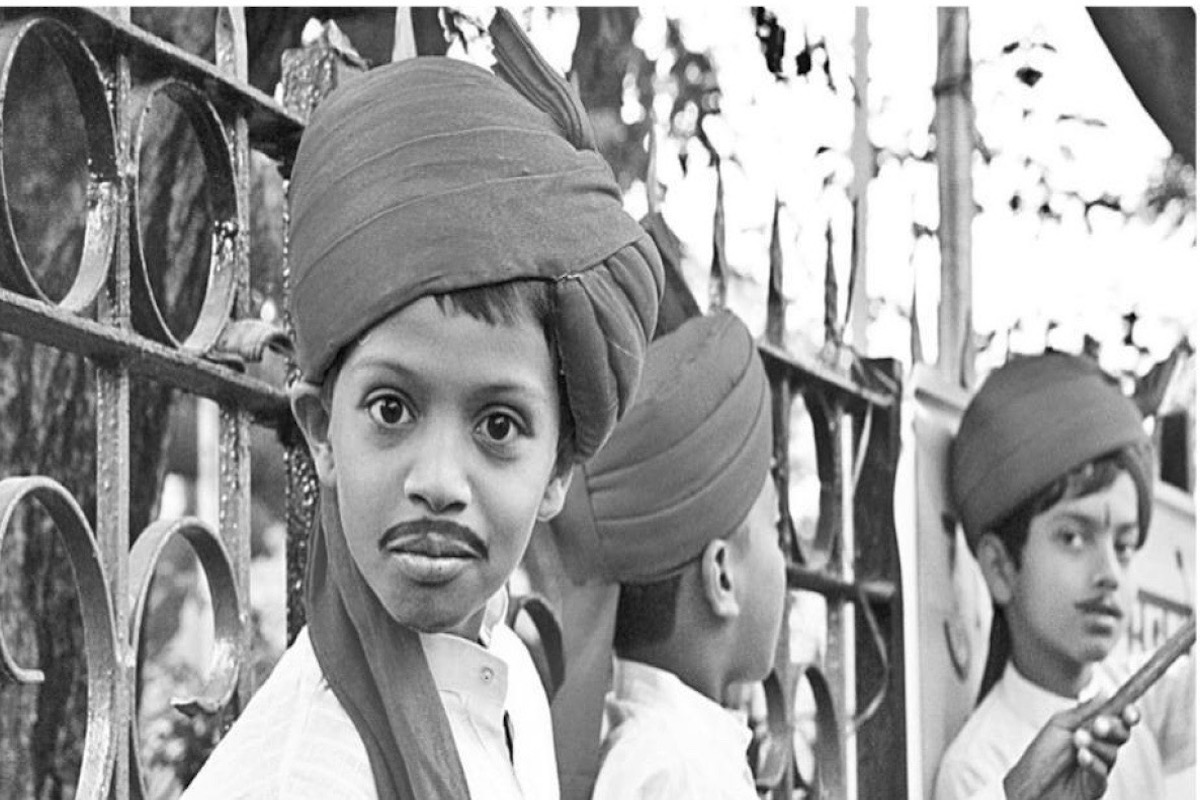Laicite (secularism) has assumed massive proportions in the world, especially in the French context. India, like France, is wed to laicite. I too am an avowed secularist. But there are things about the way laicite is practiced in India that have led to the emergence of the Hindu rightwing.
The first thing about laicite is the right to blaspheme. No community likes its god or gods to be blasphemed. But cross your hearts, which community has not blasphemed gods of another community. No community is immune from this misbehavior. It is all right to feel umbraged if someone blasphemes your gods. But is it ok to kill them or threaten to kill them in return? France, and the world, are grappling with this toxic issue.
Advertisement
I am not pointing the finger at any one community. I know that in every community people blaspheme against gods of other communities, and then these very same hotheads promote violence if others blaspheme against their gods. No community is immune from this virus.
The second burning issue is that over love jihad. Now this really is a nonsensical debate. One community says that per its religious injunctions, its women cannot marry outside the faith. That if they do, the groom must convert to their religion before marriage. I myself have been approached by women of a certain community who say that marrying me without my converting to their faith would be shirk (forbidden) .
But many leaders of the very same community want their men to be free to marry outside their faith. People of one faith rent the air with beti bachao, bahu lao. But it is actually people who are complaining most against love jihad who are practicing beti bachao, bahu lao the most. There is not just an element of hypocrisy here. Such behavior has hypocrisy written all over it.
Indian secularists who go after love jihad seem to have blinders on. It is precisely the hypocrisy built in love jihad that has led to the rise of the Hindu right-wing and the desecularization of our body politic.
The third issue that needs to be confronted is that of proselytization. It is well-known in India that certain communities proselytize more than others. The right to proselytization is enshrined in the Indian Constitution. But when certain communities are very aggressive in this regard, while others are much more passive, it breeds resentment.
Ghar Wapsi has been decried by diehard secularists and people of certain communities. But what is sauce for the goose must be sauce for the gander. If one community is allowed to spread its faith, then all other communities should be allowed to spread their faith.
Secularists say that we are becoming a Hindu Pakistan. No way!
In Pakistan the majority community is allowed, in fact encouraged, to spread its faith. Dare a member of a minority community there try to convert a member of the majority community. Just watch the consequences thereafter to the member of the minority community.
The Constitution of India is a living document. It is high time that the right to proselytization needs to be revisited. In theory, I am all for it in India. In India, in practice, it is just not working, and stoking up all kinds of fears.
The other issue that needs to be addressed right away is that of a Uniform Civil Code. India is a mature democracy now and no community needs to be protected any further. A UCC will remove hypocrisies like love jihad. Secularists will cry hoarse against my stand. But isn’t the very definition of secularism that every religion and community be treated equally by the State. That is precisely what the UCC enables.
Secularists should note that whenever Indians, an Indian of any or no religion, migrate to the West, all of them adhere to the laws of the country they go to. Without fail, each western country has the same set of laws governing all of its citizens. In the UK, the former Archbishop of Canterbury Rowan Williams sparked an outrage across the political spectrum in 2008 when he backed sharia for a certain community.
The Archbishop of Canterbury is the most senior figure in the Church of England after the queen, who of course is its head. Then-British prime minister, Gordon Brown, swiftly rejected Williams’s proposal, and insisted that British law would be based on British values and that sharia law would present no justification for acting against national law. In other words, sharia had no place in the UK. All residents of the UK would have to be governed by British law.
Indian values are firmly rooted in the practices of the founder of the country, Mahatma Gandhi, who firmly believed in secularism and the equal treatment of all religions and communities. Isn’t it high time that that vision of the Mahatma be put into practice by adopting a UCC? Of course, members of certain religions and castes in India continue to face diabolic discrimination. The State must strive to put an end to this as well. Equal means equal for all, not for some, and not for a few.
The writer is an expert on energy and contributes regularly to publications in India and overseas.









